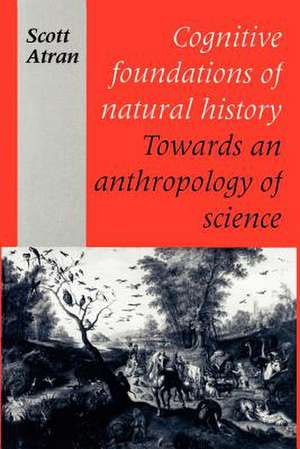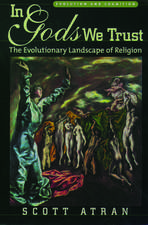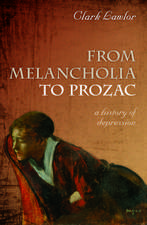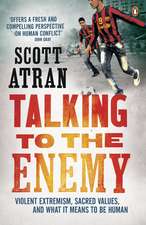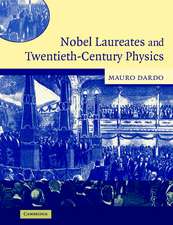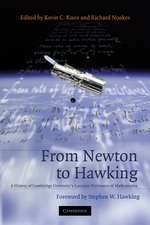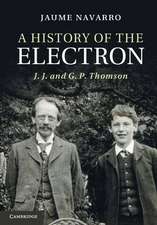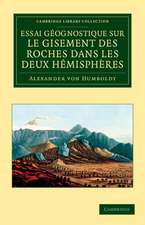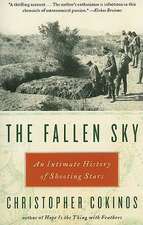Cognitive Foundations of Natural History: Towards an Anthropology of Science
Autor Scott Atranen Limba Engleză Paperback – 28 ian 1993
Preț: 305.09 lei
Nou
Puncte Express: 458
Preț estimativ în valută:
58.39€ • 63.40$ • 49.04£
58.39€ • 63.40$ • 49.04£
Carte disponibilă
Livrare economică 01-15 aprilie
Livrare express 15-21 martie pentru 37.03 lei
Preluare comenzi: 021 569.72.76
Specificații
ISBN-13: 9780521438711
ISBN-10: 0521438713
Pagini: 376
Ilustrații: 1
Dimensiuni: 151 x 228 x 24 mm
Greutate: 0.57 kg
Ediția:Reprint
Editura: Cambridge University Press
Colecția Cambridge University Press
Locul publicării:Cambridge, United Kingdom
ISBN-10: 0521438713
Pagini: 376
Ilustrații: 1
Dimensiuni: 151 x 228 x 24 mm
Greutate: 0.57 kg
Ediția:Reprint
Editura: Cambridge University Press
Colecția Cambridge University Press
Locul publicării:Cambridge, United Kingdom
Cuprins
Preface; 1. Common sense: its scope and limits; Part I. Folkbiology: 2. Folktaxonomy; 3. The semantics of living kinds; Part II. Aristotelian Essentials: 4. Essence and environment; 5. Materials of logical division; Part III. From Herbals to Systems: 6. Origins of the species concept; 7. The nature of the genus; Part IV. The Scientific Breakaway: 8. The method of families and classes; 9. Science, symbolism and common sense; Conclusions; Appendix; Notes; References; Index.
Recenzii
' … only Atran could have written this book, because only Atran combines the deep understanding of anthropology, biological systematics, history of science, and philosophy necessary to write it. The result is a book that contains more substance per page than any book I have read in a generation.' David Hull, Biology and Philosophy
'This subtle and sophisticated book has a little of that same power to shock by innocence. It is about how children think of living things, less a matter of what they learn than of what human nature teaches about nature.' Ian Hacking, London Review of Books
'There can be no doubt that the book establishes new standards of rigour in its area and will be the starting-point for future investigations in years to come.' Andrew Brennan, The Times Higher Education Supplement
'This subtle and sophisticated book has a little of that same power to shock by innocence. It is about how children think of living things, less a matter of what they learn than of what human nature teaches about nature.' Ian Hacking, London Review of Books
'There can be no doubt that the book establishes new standards of rigour in its area and will be the starting-point for future investigations in years to come.' Andrew Brennan, The Times Higher Education Supplement
